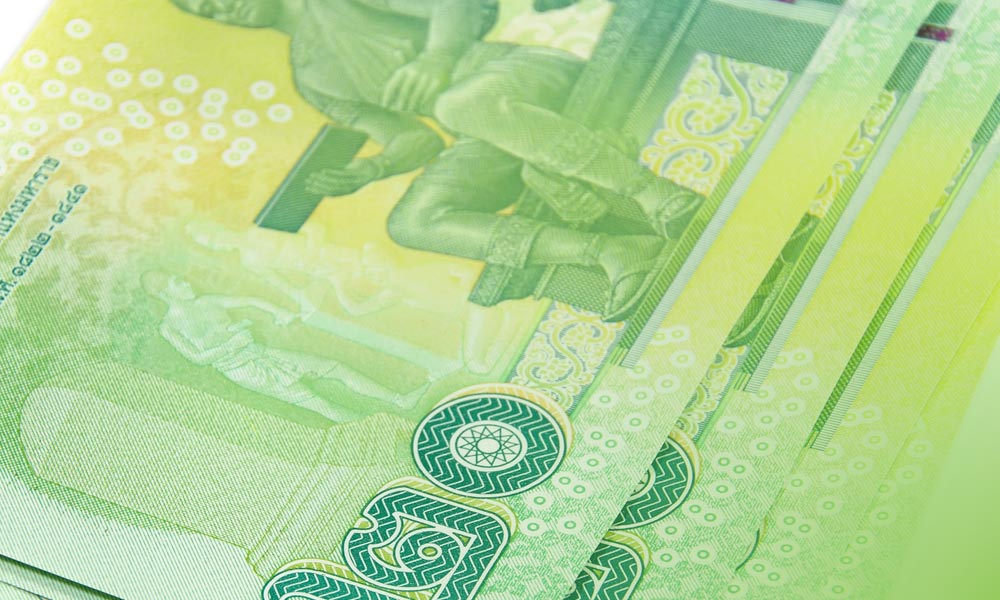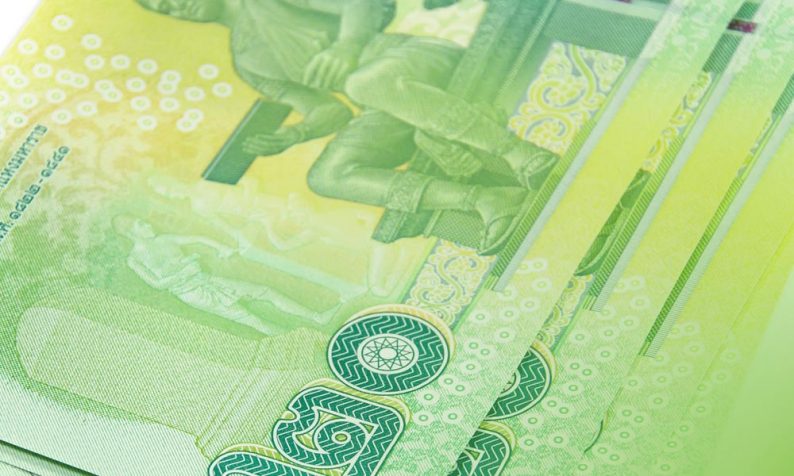Thailand stocks surged last week, while the baht also extended gains as investors remained hopeful for a smooth transition following the death of King Bhumibol Adulyadei, the world’s longest serving monarch.
Bloomberg reported that the benchmark SET Index spiked 4.6% immediately after the announcement of the king’s death on October 13. That was the biggest one-day gain in five years[1] Meanwhile, the dollar-to-baht exchange rate fell from more than three-month highs. It has since declined more than 2% to 34.91.

Thailand’s military junta reassured the country that the death of the king would not deter plans for a return to democratic rule next year. Thailand is expected to head to the polls for a general election in late 2017.[2]
The death of a monarch has major implications on nations that are not governed by democratic rule. The death of King Abdullah of Saudi Arabia last year triggered widespread concerns over a power struggle in the House of Saud. Many experts fear that the struggle is still being played out behind closed doors in the oil-rich kingdom.
For many western nations, the death of a monarch doesn’t have a direct impact on the economy or financial markets because the royal family is practically detached from the political process. Although Queen Elizabeth is technically the head of state of the United Kingdom, Canada and other commonwealth countries,[3] her actual role in the political process is considered much smaller and perhaps even negligible in comparison to her title. The passing of such a monarch would be mourned, but unlikely to have a major impact on financial assets such as stocks or the British pound.
Pound sterling currently has much more to worry about than the health of the Queen. It recently plunged to a record low against a basket of top trading partners[4] and is also trading at 31-year lows against the US dollar.[5]
But that doesn’t mean the currency isn’t impacted by the political process. It most certainly is. The pound experienced a massive selloff following the June 23 Brexit vote and continued lower after Prime Minister David Cameron resigned. Just recently, newly appointed Prime Minister Theresa May announced her government would pursue a “hard Brexit,” raising fresh fears about the future of UK-EU trade relations. This once again led to a massive decline in sterling.











Leave A Comment